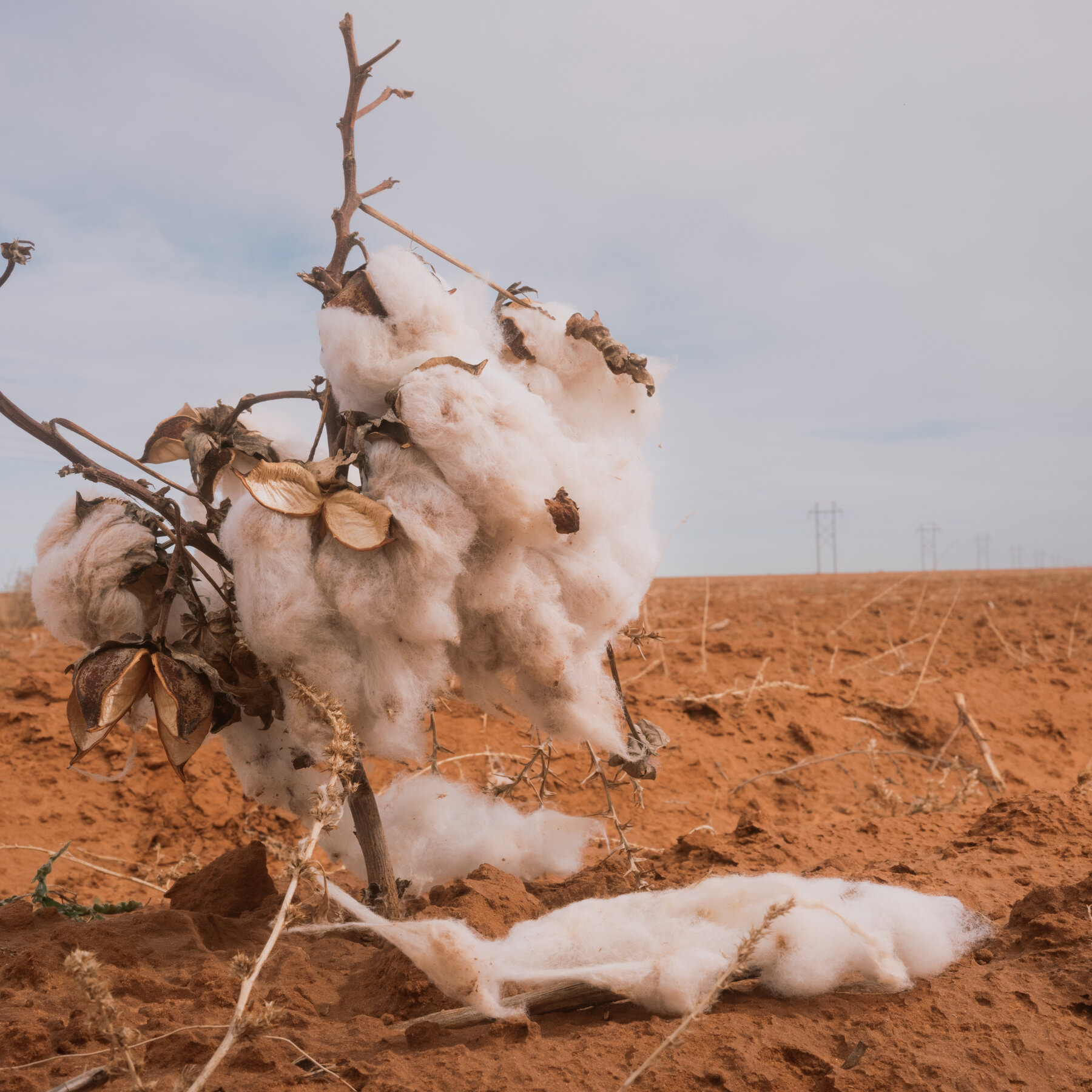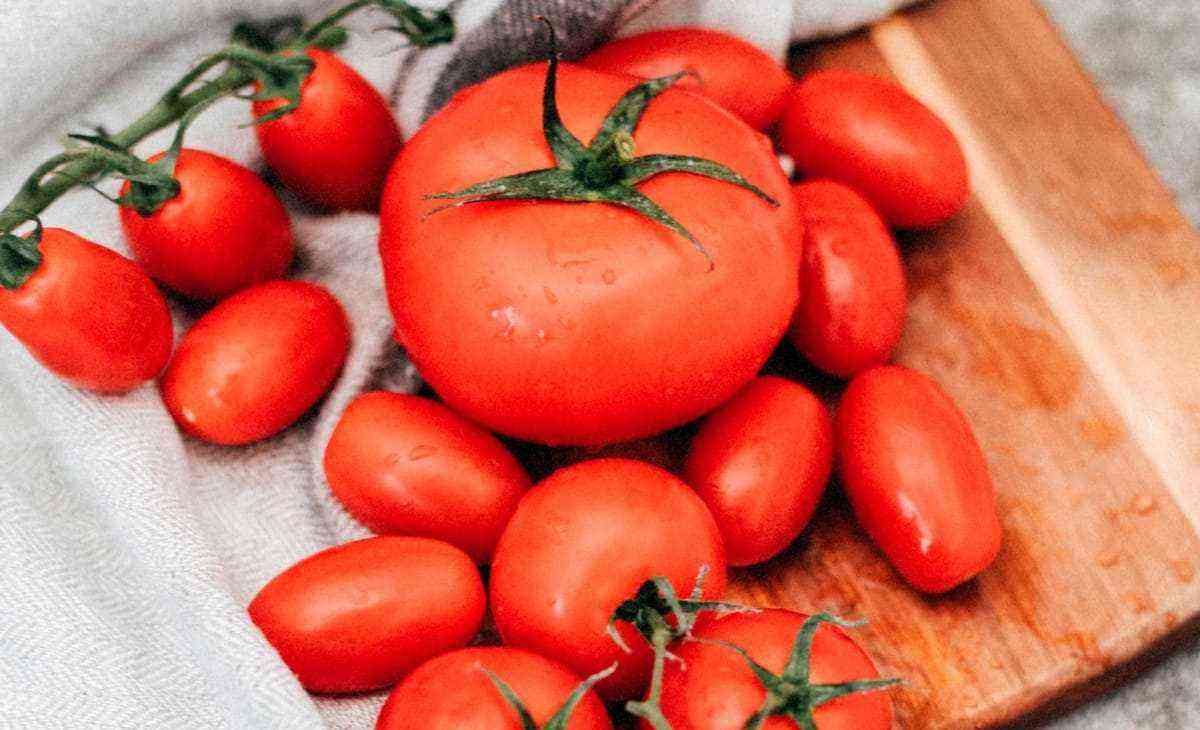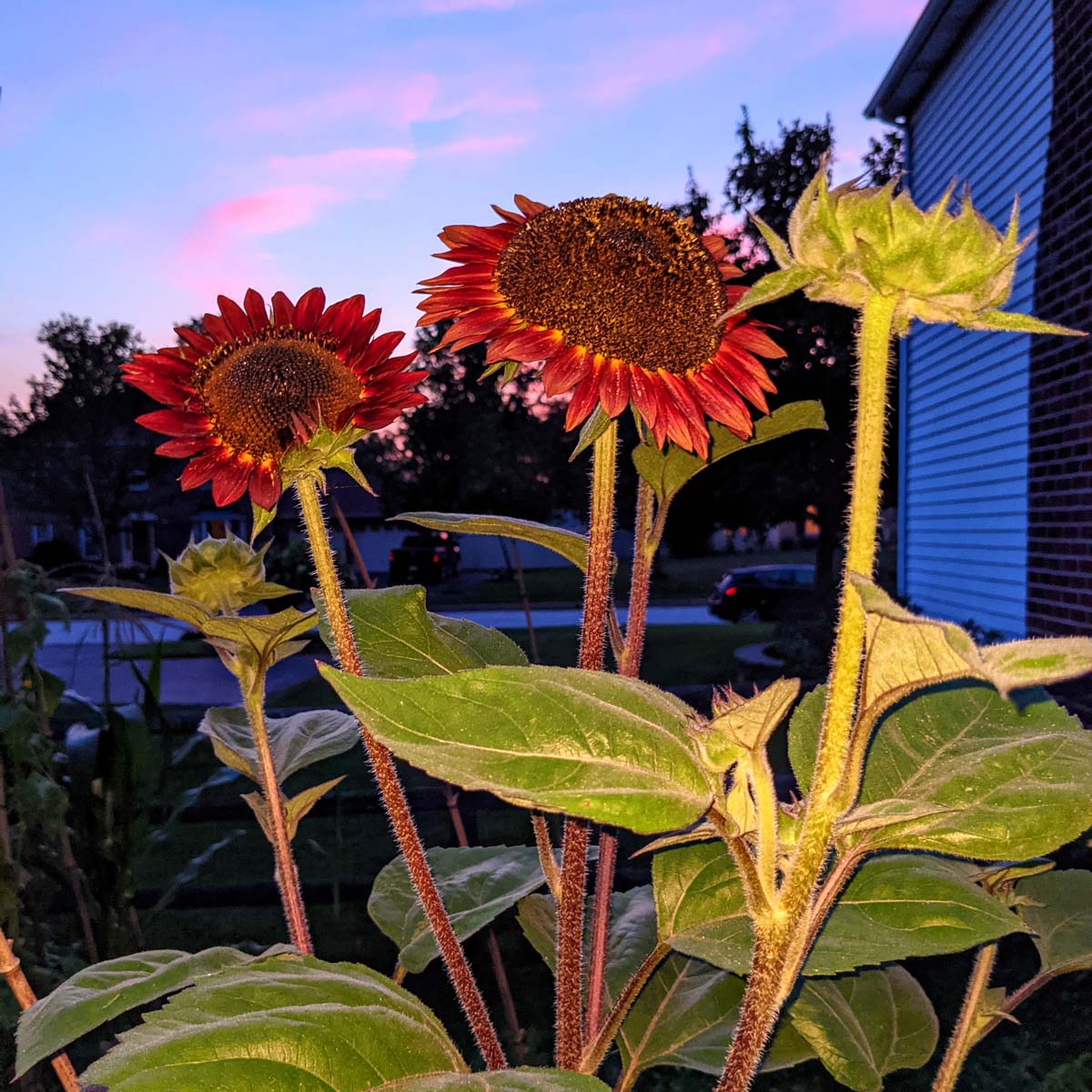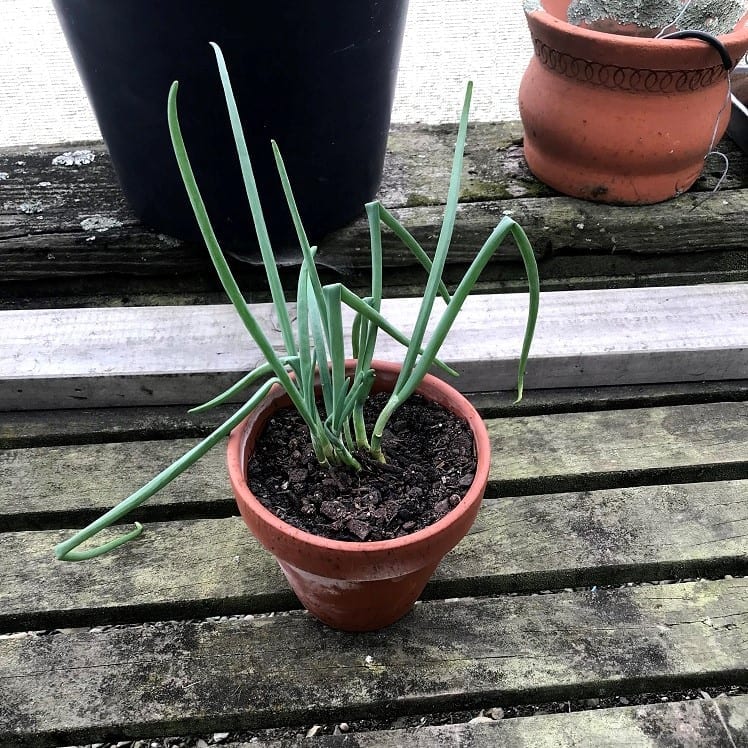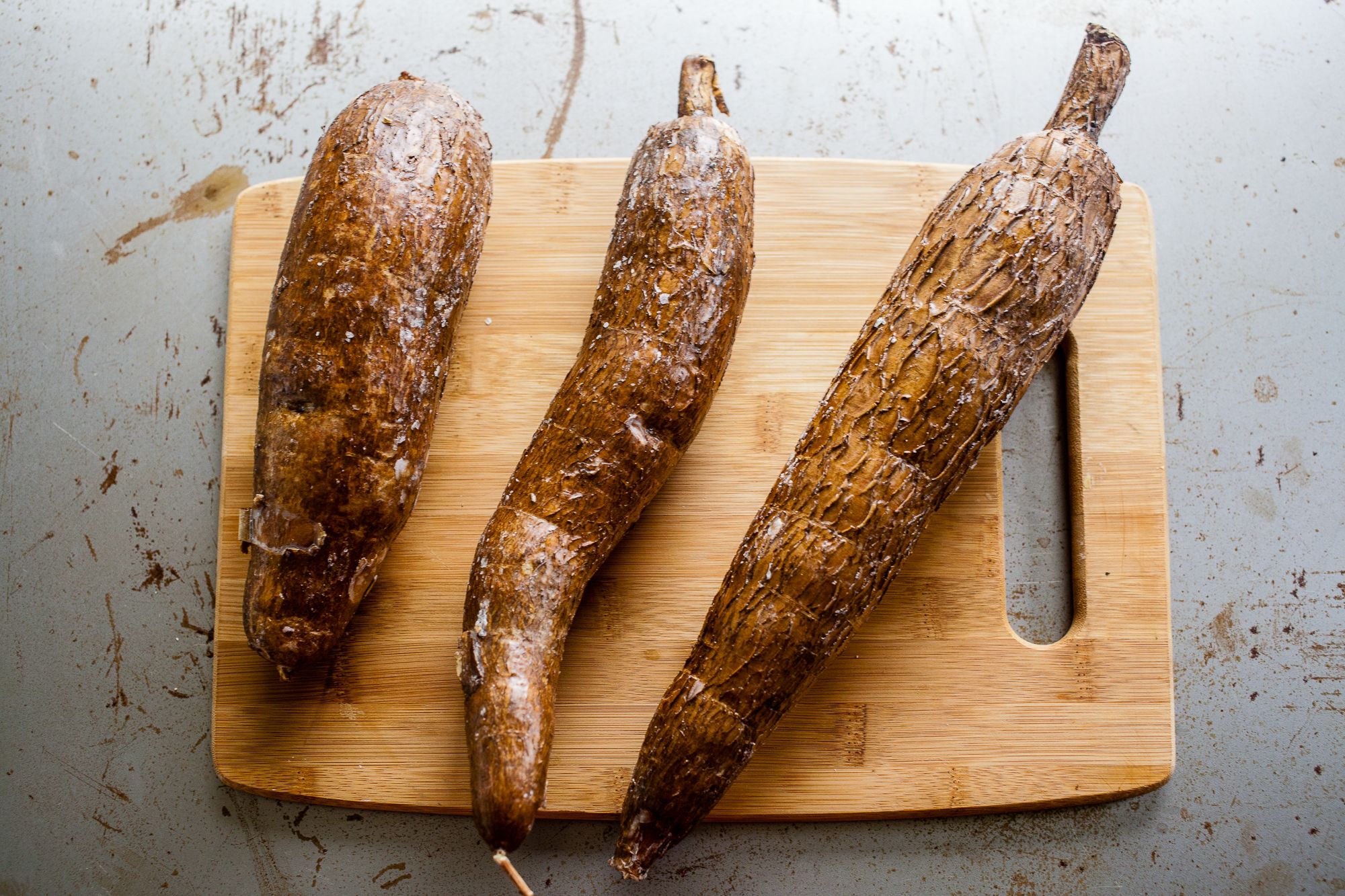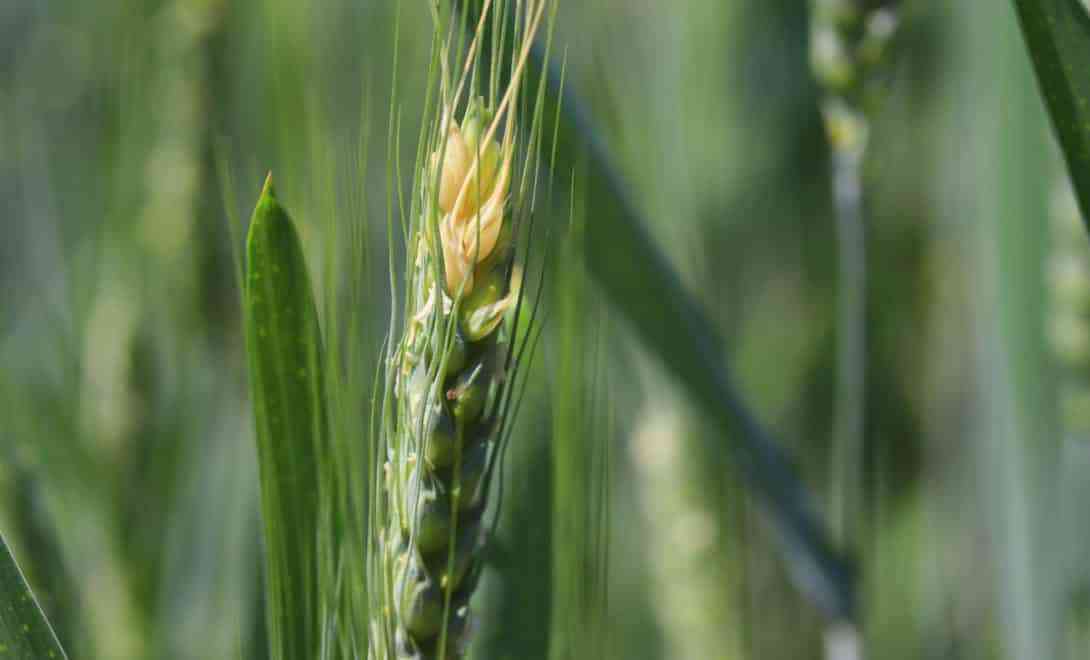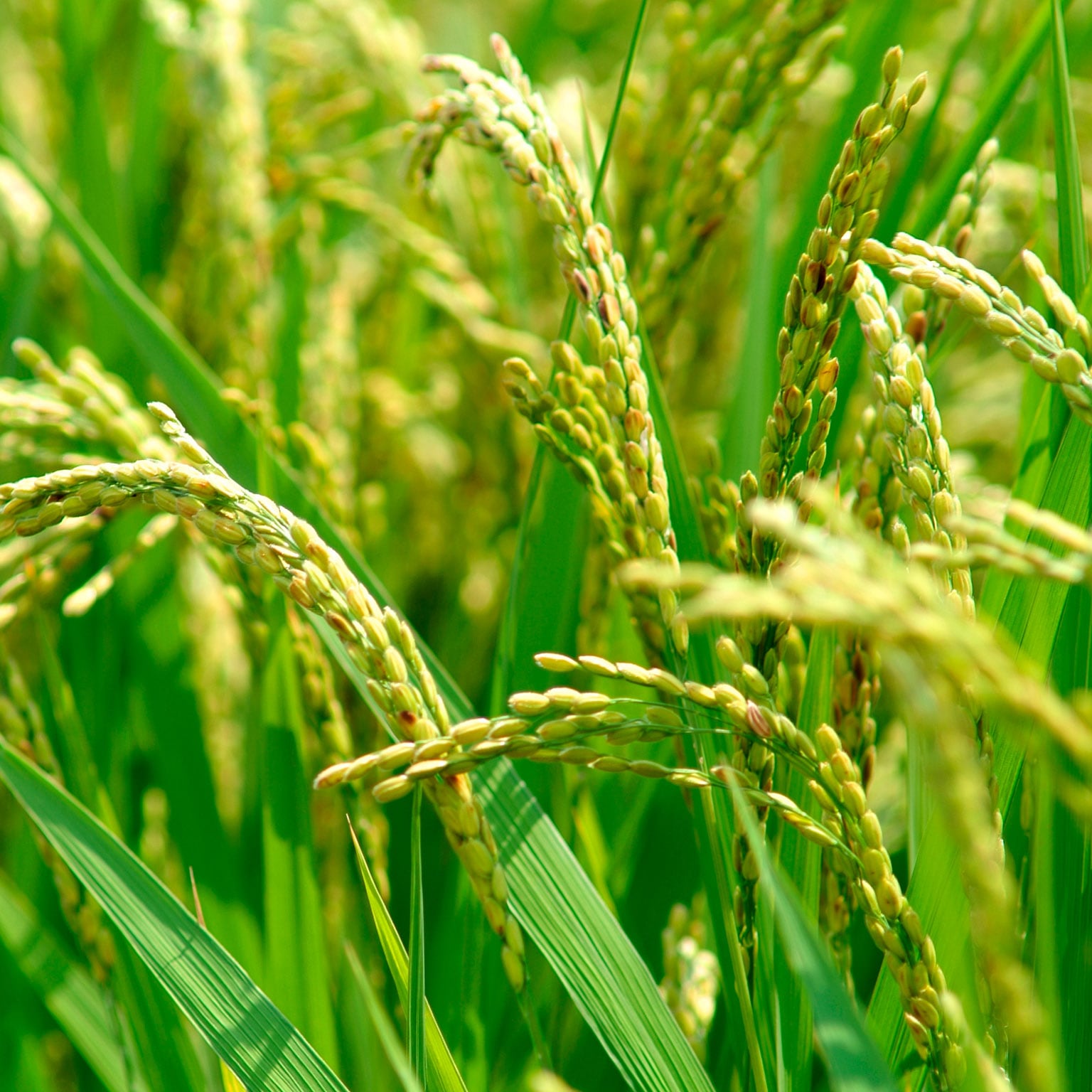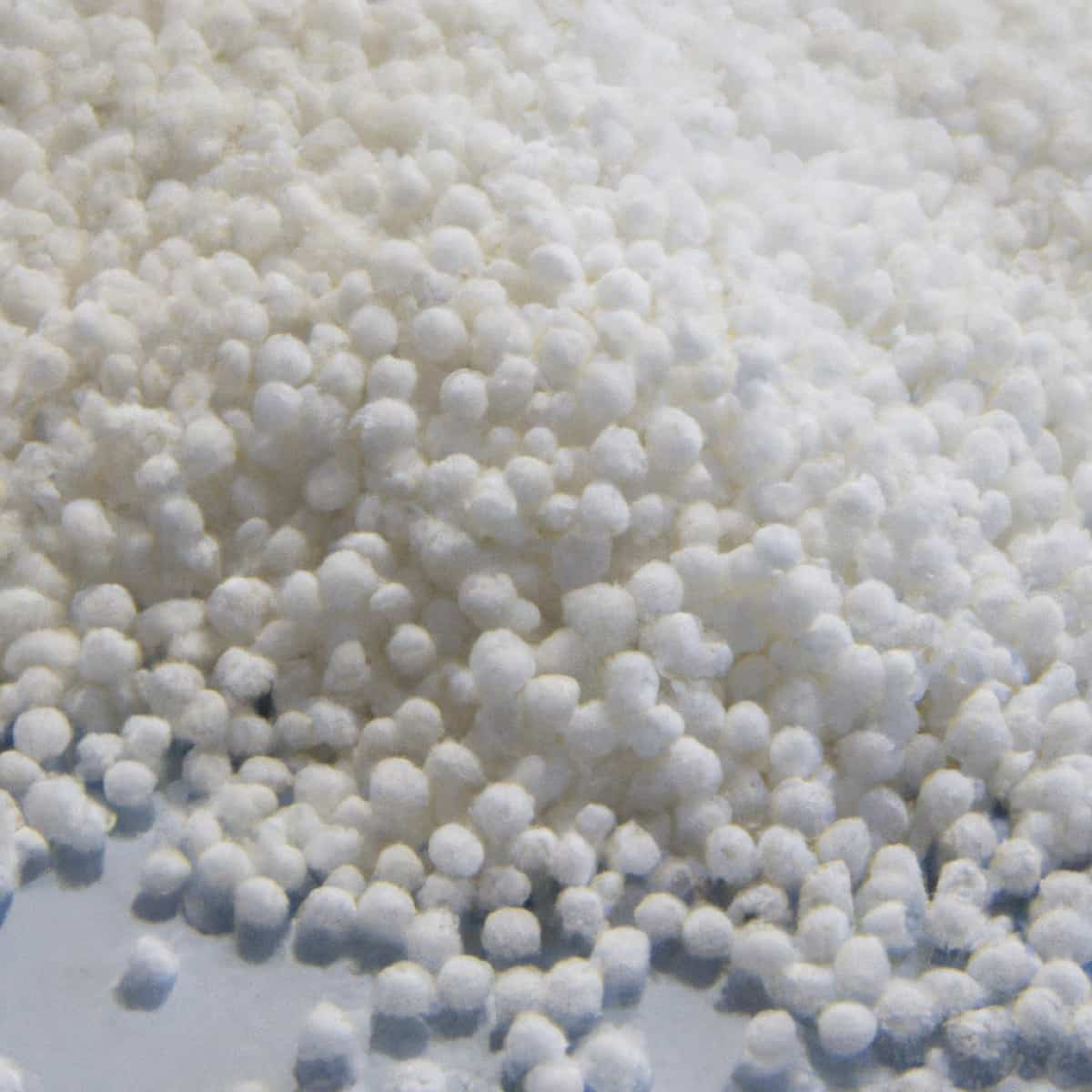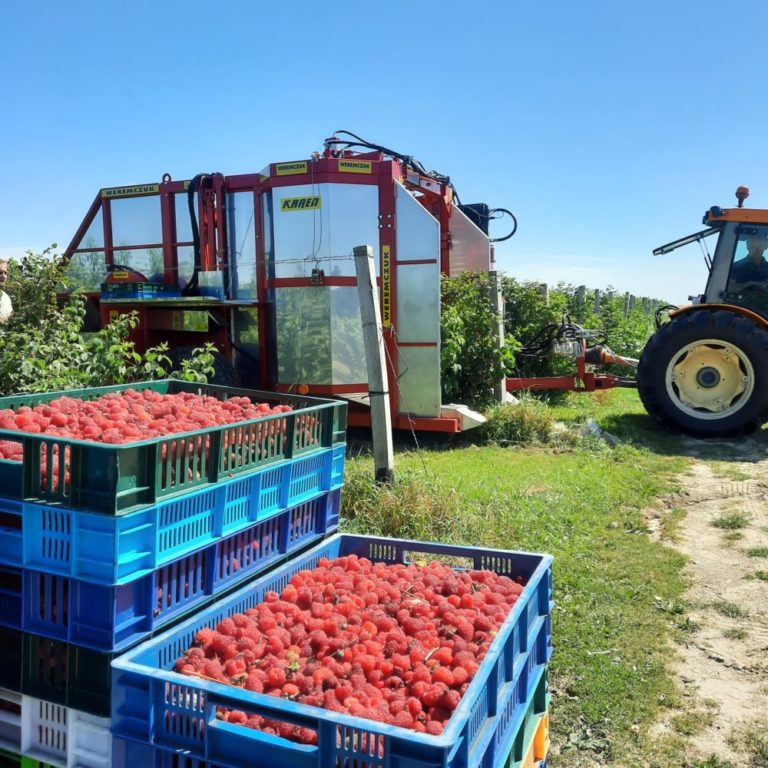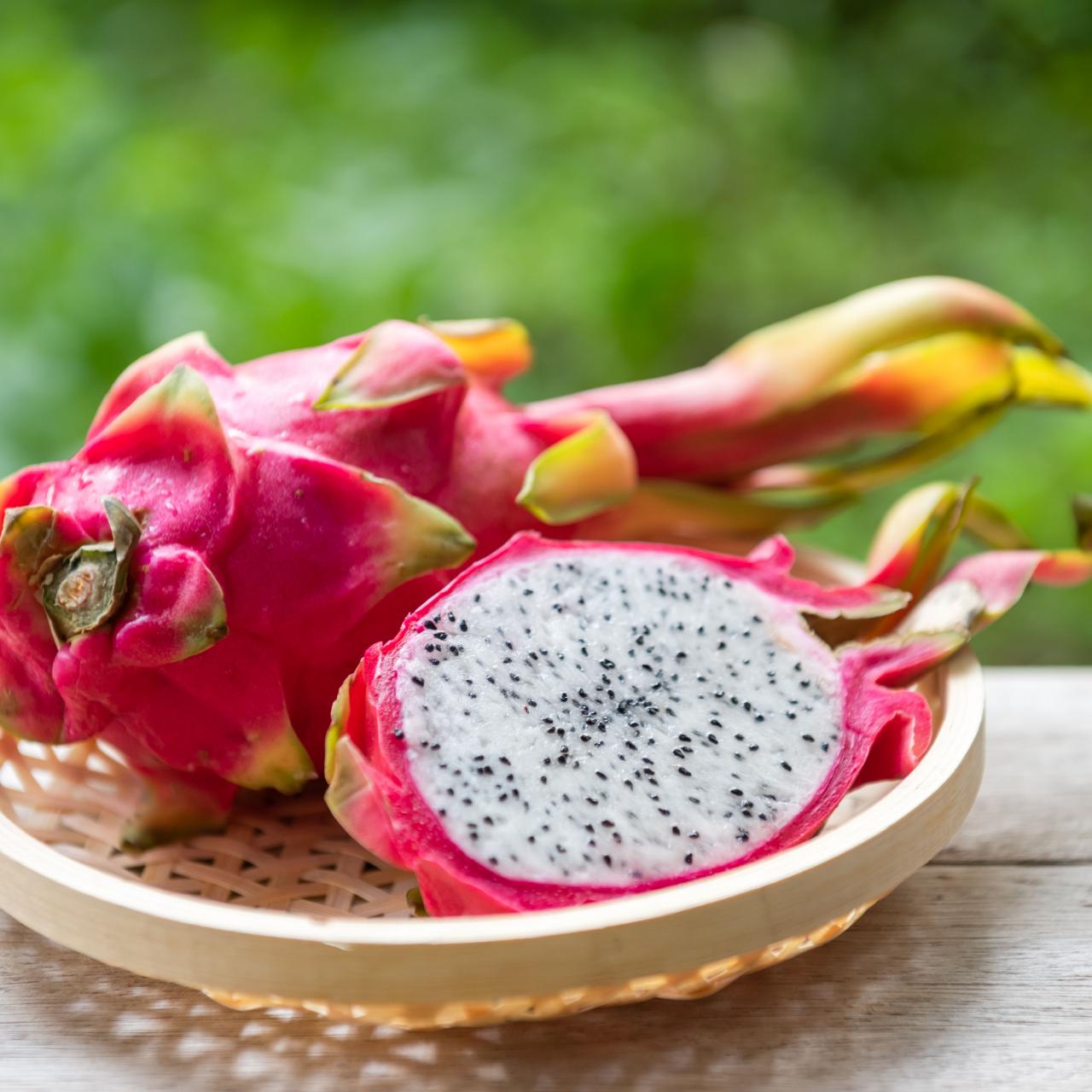Sunn hemp is one of the ways to control nematodes in the field, through cultural management with positive and efficient results.
So, learn more about how nematode control works with sunn hemp and also some of the main features of this technique!
How does sunn hemp control nematodes
Sunn hemp is a leguminous plant, originally from India. Its size and the color of the yellow flower, in different shades, varies according to its species, which can reach from 80 cm to 3 meters in height.
This plant serves as a forage for green manure, depositing nitrogen in the soil, thus improving its fertility for the benefit of the crop. Sunn hemp provides vegetable fiber for the manufacture of some types of paper, such as carbon.

Sunn hemp brings many benefits to the crop, including the fight against nematodes.
But it is also being used to combat one of the greatest enemies of farming: nematodes. This is because crotalaria have the ability to produce toxic compounds, called allelopathic, which can prevent the movement of nematodes.
With this, the sunn hemp acts as if it were a trap plant, as it prevents nematodes from completing their life cycle, preventing them from reaching adulthood and starting to wreak havoc on several crops.
Therefore, this type of use is considered cultural control, because it does not use chemical compositions to control the pest. Therefore, it brings several benefits, such as cost reduction and better soil quality in general.
Different types of nematoids
There are different types of nematodes, however sunn hemp is efficient in controlling all of them in the field.
Some of the main types are:
- Pratylenchus brachyrus, which are root lesion nematodes;
- Heterodera glycines, which are the cyst namatoids;
- Meloidogyne javanica e M incognita, which are root-knot nematodes.
This diversity is one of the reasons for opting for cultural control, because it is difficult to identify which type of nematode is present in the crop in question, so that chemical control could be carried out efficiently.
Benefits of using crotalaria
According to nematologist Rosangela Silva, from the Mato Grosso Agricultural Research Support Foundation (MT Foundation), “The planting of sunn hemp reduces the incidence of nematodes by up to 80% if the legume is well formed. In addition, it still makes nitrogen available in the soil, helping to nourish the later crop”.

Nematodes attack plant roots, compromising their development. Sunn hemp is helping producers fight this pest.
Therefore, the result is extremely satisfactory in reducing the parasite, being very advantageous. Furthermore, the way in which cultural control takes place is practical and easy, so it requires less investment than other types of control.
How to control nematodes using sunn hemp
So that the control of nematodes in the field, using sunn hemp, can be done, ideally it should be started in the off-season. Only with straw, through no-tillage, the contribution to the control of nematodes is great.
In addition, it is possible to use the intercropping of corn and corn/safrinha together with sunn hemp, with two direct benefits: controlling nematodes and profit from the sale of grains.
With this, the results of the accumulation of straw and corn productivity, eliminate the need to apply pesticides.
No video below, check out how the action of nematodes in soybean crops in Rio Grande do Sul is being fought. One of the main measures adopted is precisely the use of sunn hemp:
Source: Rio Grande Rural.
Final considerations
In this way, the use of sunn hemp as a cultural management brings extremely satisfactory results for the control of nematodes in the field.
With this, it becomes much more advantageous in financial terms and also in nutrition and rotation, the use of control by culture.
By the way, I’m curious about this plant. Did you know that it can also help fight the Aedes aegypti mosquito, transmitter of Dengue, Chicungunya, Yellow Fever and Zica Virus.
Sunn hemp attracts to itself, through its odor, several species of dragonflies, which feed on various insects, and have the Aedes Aegypti mosquito on their “menu”. Therefore, it is a plant that brings many benefits to agriculture and our health.
Speaking of pests that attack crops, access our article on the main corn pests and how they attack. Good reading!


